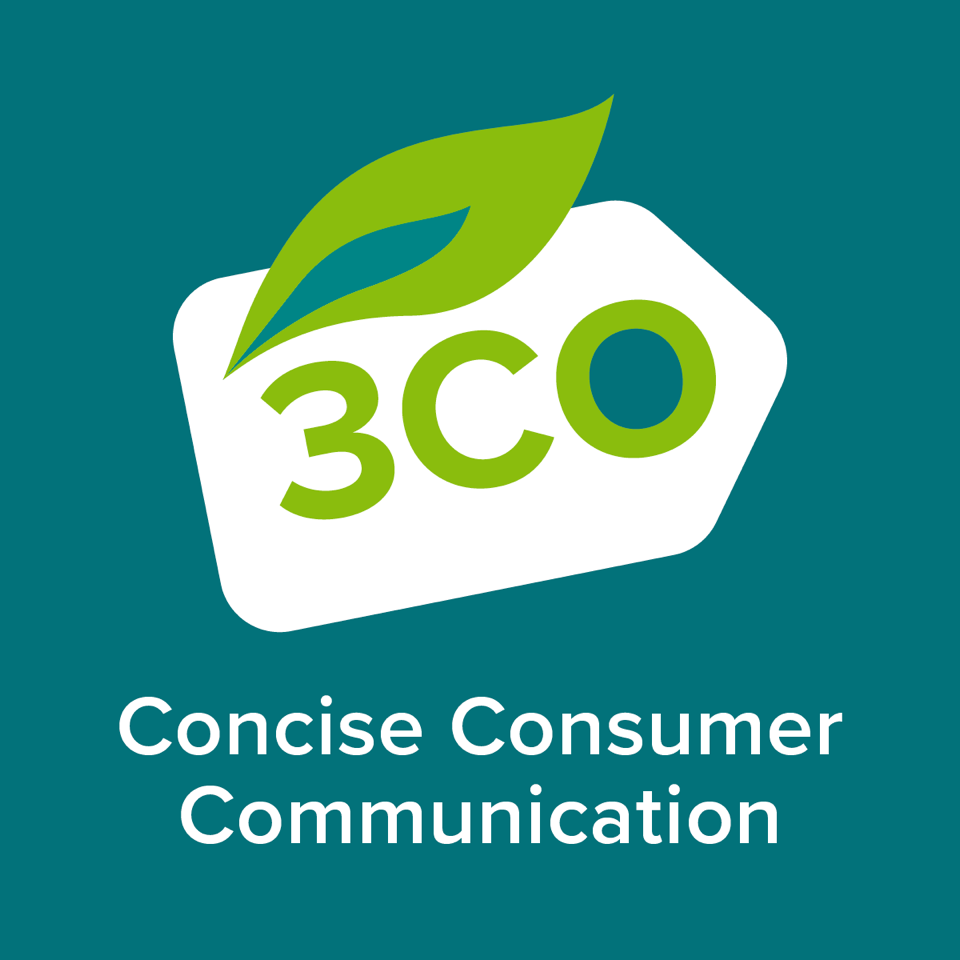
In today’s rapidly evolving world, innovation is often synonymous with technological advancements and cutting-edge products. However, there is a crucial aspect of innovation that focuses on societal impact and human well-being and that can significantly foster the uptake of innovative products and processes: social innovation. Defined as the development and implementation of new solutions to address pressing social needs and challenges, social innovationcan transform the way societies tackle issues ranging from healthcare and education to environmental sustainability and social equity.
What is Social Innovation?
Social innovation is broadly defined as “the process of developing and deploying effective solutions to challenging and often systemic social and environmental issues in support of social progress”.[1] The EU funded research project 3-CO defines Social Innovations (SI) as new ideas (products, services, new organisations and models) that simultaneously meet social needs (more effectively than alternatives), create new social relationships or collaborations, and foster sustainable consumption and production patterns. These solutions can take various forms, including new products, services, initiatives, and organisational models that fundamentally change how societal needs are met.
According to the European Commission, SI is about “finding new ways to meet social needs which are more effective, efficient, sustainable or just than existing solutions, and that result in better social outcomes”.[2] This concept extends beyond the realm of technological breakthroughs, emphasising the importance of human-centric and community-focused approaches.
The Importance of Social Innovation
Social innovation plays a critical role alongside technological and product innovation for several reasons:
Addressing Complex Societal Challenges: While technological innovations often focus on enhancing efficiency and productivity, social innovation targets complex societal issues such as poverty, inequality, and climate change. These challenges require holistic solutions that consider social dynamics, ethics and human behaviour.
Fostering Inclusive Growth: Social innovations aim to create more inclusive and equitable systems. By prioritising the needs of marginalised and vulnerable groups, social innovation ensures that the benefits of progress are distributed more evenly across the broad society.
Enhancing Community Resilience: Social innovation often involves the active participation of communities in designing and implementing solutions. This participatory approach strengthens community bonds and resilience, empowering individuals to take ownership of their development while also allowing them to consider factors specific to their individual community and environment, and supporting human relationships.
Driving Sustainable Development: Many social innovations align with the United Nations Sustainable Development Goals (SDGs), addressing global challenges in a sustainable manner. These innovations promote environmental sustainability, social justice, and economic development simultaneously.
Famous Examples of Social Innovation
Several notable examples illustrate the impact of social innovation and have made their way into our daily lives, often supported by digital technology tools:
Open-Source Software Projects: Open-source software projects (e.g. Wikipedia) rely on community collaboration to develop software that is freely available to the public. These projects promote innovation, knowledge sharing, and equitable access to technology.
Shared Mobility Services: Services like bike-sharing and car-sharing have become common in many cities. These services reduce the need for private car ownership, decrease traffic congestion, and lower carbon emissions, contributing to more sustainable urban living.
Second Hand Charities: Second hand systems and stores provide affordable clothing and other goods while creating job opportunities, particularly for those who might face barriers to employment. These shops, such as those run by organizations like Goodwill and The Salvation Army, offer affordable clothing, home supplies and furniture while also promoting sustainable consumption and giving new life to pre-owned items. This not only reduces waste but also supports social inclusion and community development
Upcycling/Recycling Initiatives: Not-for-profit projects that focus on upcycling and recycling can help reduce waste and promote sustainable consumption. By transforming waste materials into new products, these initiatives reduce environmental impact and create economic opportunities.
Repair Initiatives: These initiatives often held in the form of cafés are community events where skilled volunteers help people fix broken items, such as electronics, clothing, bikes and furniture. These initiatives promote a culture of repair rather than disposal, reducing waste and extending the life of products. Repair Cafés also foster community connections and skill-sharing, empowering individuals to tackle repairs themselves.
Food Sharing Programs: Organisations and community groups that facilitate the sharing or donation of food help reduce food waste and address hunger. These programs connect surplus food from businesses and individuals with those in need, ensuring that food resources are used efficiently.
Fair Trade Movement: The fair trade movement promotes better trading conditions and sustainability for producers in developing countries. By ensuring fair prices, decent working conditions, and sustainable practices, fair trade has improved the livelihoods of millions of farmers and workers globally.[3]
Clothing Swapping Platforms: Swapping platforms and local community swap events enable people to exchange clothing they no longer need for items they want. This reduces waste, promotes sustainable fashion, and provides an affordable way for individuals to refresh their wardrobes. Such initiatives encourage a circular economy and reduce the environmental impact of the fashion industry.
Mutual Aid Programs: Mutual aid programs involve community members coming together to support each other, sharing resources such as food, supplies, and services. These grassroots initiatives strengthen community ties and provide a safety net for vulnerable individuals.
But also lesser known social innovations show deep impact on the societal and economic landscape:
Microfinance: Pioneered by Muhammad Yunus and the Grameen Bank, microfinance provides small loans to entrepreneurs in developing countries, empowering them to start businesses and lift themselves out of poverty. This model has transformed lives and communities worldwide.[4]
Social Impact Bonds: These financial instruments fund social programs by raising investment capital from private investors. If the program achieves its goals, the investors receive a return. This innovative financing model has been used to address issues like recidivism, homelessness, and early childhood education.[5]
Community-Supported Agriculture (CSA): CSA is a system where consumers purchase shares of a farm’s harvest in advance. This model supports local farmers by providing them with a stable income and ensures that consumers have access to fresh, locally grown products. This approach fosters community engagement and sustainable agriculture.
Time Banks: Time banks are community programs where members trade services using time as currency. One hour of work earns one-time credit, which can be exchanged for an hour of another member’s services. This system promotes mutual support and builds social capital within communities.
Join the Conversation: Participate in the 3-CO Project Survey

One current initiative aiming to drive social innovation is the EU funded research project 3-CO (Concise Consumer Communication through Robust Labels for Biobased Systems). Its key objective is to support sustainable consumption and improve consumer behaviour through smart digital solutions and guidelines for Labels and Certification Scheme holders. 3-CO will therefore develop and demonstrate the viability of a supportive framework for LCS on Business-to-Consumers (B2C) communication for industrial bio-based products, and will publish guidelines for label development.
In order to develop effective digital support tools, the 3-CO project is currently conducting an online survey to gather insights and ideas from individuals and organisations involved in social innovation. Your participation in this survey can help shape the future of social innovation in Europe and beyond.
To participate until 15 July in the survey, click here.
More information on the 3-CO project is available at https://3co-project.eu.
Conclusion
Social innovation is a vital complement to technological and product innovation, addressing some of the most pressing challenges of our time. By focusing on human-centric solutions and fostering inclusive and sustainable development, social innovation has the potential to transform societies for the better. Engage with initiatives like the 3-CO project to be part of this transformative journey and contribute to a more just and equitable world.
The 3-CO project received funding from the European Union under Grand Agreement number 101086086. Views and opinions expressed are however those of the author(s) only and do not necessarily reflect those of the European Union or European Research Executive Agency. Neither the European Union nor the granting authority can be held responsible for them.
References
B Lab. (n.d.). What is a B Corporation? Retrieved from B Corporation.
European Commission. (n.d.). Social Innovation. Retrieved from European Commission.
Fair Trade International. (n.d.). What is Fair Trade? Retrieved from Fair Trade International.
Social Finance. (n.d.). Social Impact Bonds. Retrieved from Social Finance.
Stanford Graduate School of Business. (n.d.). What is Social Innovation? Retrieved from Stanford GSB.
Yunus, M. (2007). Banker to the Poor: Micro-Lending and the Battle Against World Poverty. Public Affairs.
[1] Stanford Graduate School of Business. (n.d.). What is Social Innovation? Retrieved from Stanford GSB. https://www.gsb.stanford.edu
[2] European Commission. (n.d.). Social Innovation. Retrieved from European Commission. https://commission.europa.eu/index_de
[3] Fair Trade International. (n.d.). What is Fair Trade? Retrieved from Fair Trade International. https://www.fairtrade.net
[4] Yunus, M. (2007). Banker to the Poor: Micro-Lending and the Battle Against World Poverty. PublicAffairs.
[5] Social Finance. (n.d.). Social Impact Bonds. Retrieved from Social Finance. https://www.socialfinance.org.uk
[JV1] Isn’t there an obligation to also mention the grant funding scheme and the grant number?
Source
3-CO project, press release, 2024-05-28.
Supplier
B Corporation
European Commission
European Union
Stanford Graduate School of Business
Share
Renewable Carbon News – Daily Newsletter
Subscribe to our daily email newsletter – the world's leading newsletter on renewable materials and chemicals










